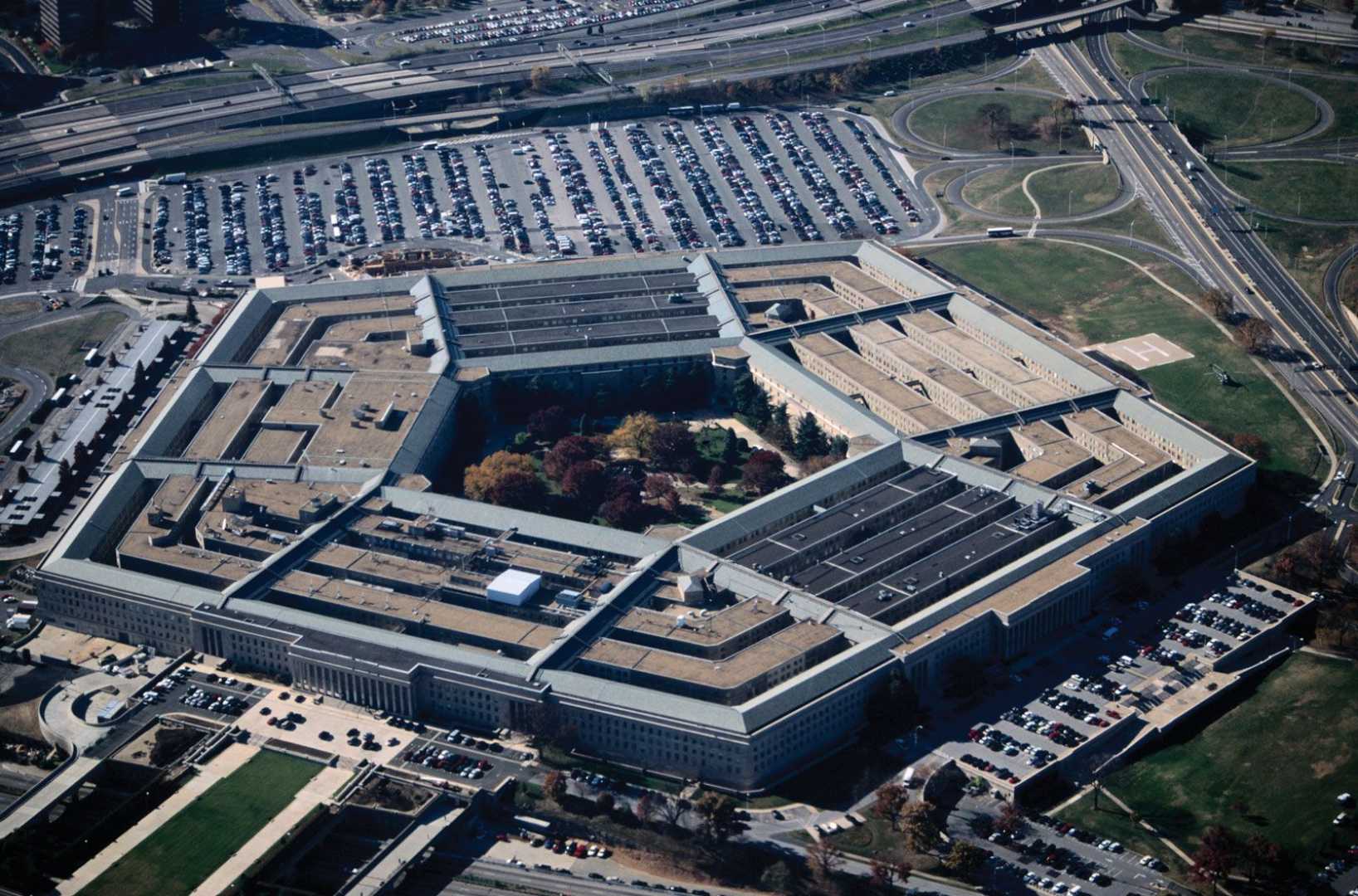News
Pentagon Faces Crisis Amid Staff Resignations and Security Leaks

WASHINGTON, D.C. — An escalating scandal within the U.S. Department of Defense has emerged following the resignation of several high-ranking officials amid investigations into alleged leaks of classified information. This troubling situation coincides with the recent appointment of Secretary of Defense Pete Hegseth, raising concerns over national security protocols and the integrity of the department.
The latest developments unfolded this week when it was reported that three senior appointees were placed on administrative leave as part of a probe into unauthorized disclosures. Among them is Colin Carroll, who serves as the chief of staff to Deputy Defense Secretary Stephen Feinberg. Carroll was put on leave on Wednesday, just a day after aides Dan Caldwell and Darin Selnick, also working closely with Hegseth, were escorted from the Pentagon.
Sources indicate that the investigation is scrutinizing several potential leaks that involve sensitive military operations, including maneuvers related to national security standing in the Panama Canal, the movement of an additional U.S. aircraft carrier toward the Red Sea, and discussions with Elon Musk regarding strategies in relation to China. Furthermore, the probe includes scrutiny over a recent pause in intelligence activities concerning Ukraine.
The current situation is not unfamiliar for Carroll, who has previously faced controversies. He was dismissed from his former position at the now-defunct Pentagon’s Joint Artificial Intelligence Center due to claims of a hostile work environment. Caldwell and Selnick, both former staff at the conservative advocacy group Concerned Veterans for America, further complicate the scenario given Hegseth’s previous leadership role there.
The atmosphere intensified after the announcement on Wednesday from former Pentagon spokesperson John Ullyot, who expressed his resignation. Ullyot outlined that he could not come to an agreement with Hegseth regarding his future role after serving temporarily, saying, “I made clear to Secretary Hegseth before the inauguration that I was not interested in being number two to anyone in public affairs.”
Ullyot’s expansive career in defense-related public affairs has seen its share of controversies. During his time at the Pentagon, he faced backlash for reassigning office space formerly held by traditional media outlets to conservative news organizations and for advocating against the removal of military diversity web content.
The Pentagon has not made any official statements regarding these personnel changes or the ongoing investigation. This comes on the heels of a separate incident where an American journalist accidentally joined a chat group of top U.S. defense officials using the secure messaging app Signal, prompting further discussion on classified communications.
As the narrative unfolds, prominent Democratic lawmakers, including Rep. Daniel Goldman (D-N.Y.), have called for Hegseth’s resignation. Goldman criticized the situation, stating, “This is now the second major breach of classified information by the most senior political appointees in Hegseth’s two months of leadership,” labeling him a “national security threat.”
The ramifications of these alleged leaks and ongoing controversies could potentially yield broader implications for U.S. national security, heightening the scrutiny over the Department of Defense at a critical time for international relations and military operations.












